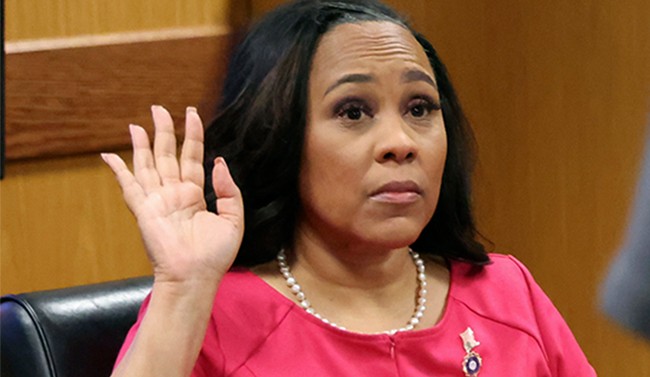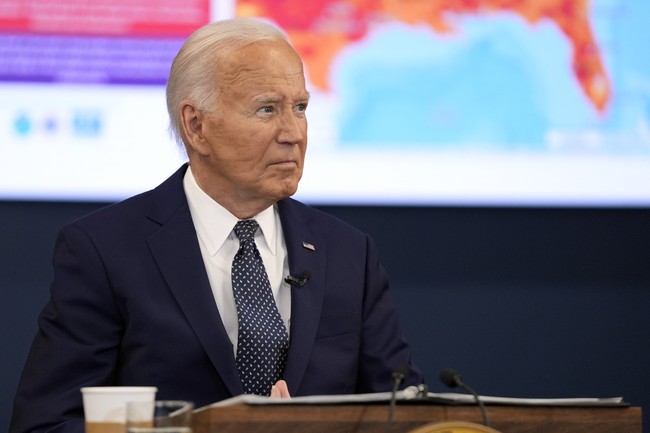The Matt Gaetz Ethics Report Uncovered!
Controversy looms as the House Ethics Committee decides to release a potentially explosive report on former Rep. Matt Gaetz. Allegations, defenses, and political implications unfold.
Published December 19, 2024 - 00:12am

Image recovered from redstate.com
In a surprising move, the House Ethics Committee has voted to release an investigative report on former Congressman Matt Gaetz, which delves into serious allegations of sexual misconduct and drug use. This decision marks a significant reversal, as the committee had previously opted to withhold the report after Gaetz's resignation from Congress following his nomination by President-elect Donald Trump for attorney general, a position he eventually withdrew from consideration.
The release of the report comes on the heels of Gaetz's own defiant responses to mounting pressures. He has vehemently denied all allegations, asserting that he has been fully exonerated by the Department of Justice, which decided not to file charges after its thorough investigation. Gaetz, known for his outspoken nature, expressed frustrations over the proceedings, highlighting the lack of opportunity to rebut the contents of the report or confront his accusers since his exit from Congress.
The ethics investigation had its origins under former Speaker Nancy Pelosi, before being temporarily suspended in deference to the DOJ's criminal probe into accusations that Gaetz engaged in sex trafficking and illicit drug use. Gaetz has consistently described these allegations as politically motivated and without merit. He admitted to leading a lifestyle marked by heavy partying and engagements with women, yet firmly stated he had no sexual encounters with minors.
The situation grew even more complicated when alleged documents from both the Ethics Committee and DOJ were reportedly hacked and leaked. Therein, testimony emerged from purported witnesses claiming unlawful sexual interactions with Gaetz during the timeline in question. As the prospect of the report's release became imminent, these revelations set off a firestorm of public commentary and speculation on Gaetz's integrity and political future.
The backdrop of these events is Gaetz's controversial political career, wherein he cultivated a reputation as an ardent supporter of Trump and a vocal critic of established political processes. His abrupt resignation from Congress, which coincided suspiciously with the nomination for a high-profile federal legal position, fed narratives that he sought to evade the jurisdiction of congressional ethics oversight.
The implications of this report are vast, both for Gaetz and the Republican Party. The dedication of the GOP members of the ethics panel to pursue the truth, evidenced by their cross-party decision to release the report, reflects the ongoing demand for transparency and accountability, even as Gaetz moves away from a congressional role to media endeavors.
As the report's release looms, Gaetz's strategies have taken an assertive turn. He has publicly suggested he may return to the political fray, intent on filing motions to expose confidential settlements pertinent to the 'Me Too' movement within Congress, highlighting what he perceives as past failings in transparency.
Opposing voices on social media have not held back, reveling in Gaetz's perceived 'panic mode,' amplifying discussions around his character and credibility. This public scrutiny underscores the circus surrounding high-profile political figures when allegations of personal misconduct arise.
Ultimately, the publication of this ethical report could serve as a landmark case in understanding the intertwining of personal choices and public office, and the consequent demands for integrity in political figures. Regardless of the contents and outcomes, the Gaetz scenario reminds the public of today's unyielding political climate, where accountability cannot be sidestepped by resignation or media appearances.







